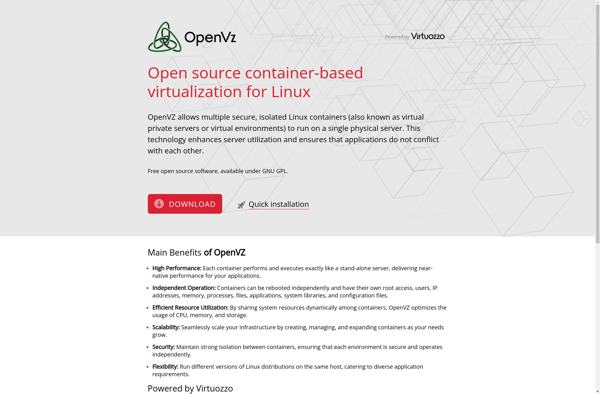CoreCluster
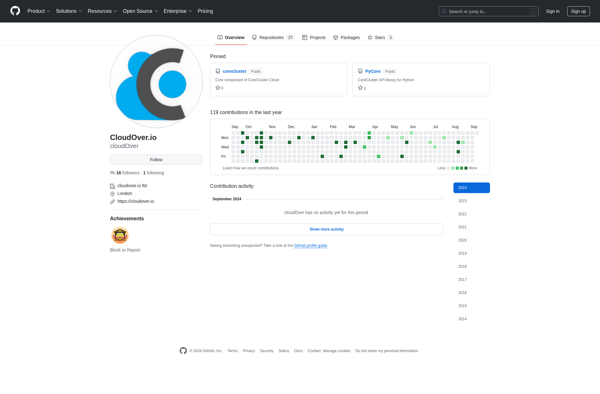
CoreCluster: Open-Source Platform for Containerized Application Deployment
CoreCluster is an open-source platform for deploying and managing containerized applications across on-prem and cloud environments. It provides a simple yet powerful interface to handle deployment, scaling, networking, security, and more across Kubernetes clusters.
What is CoreCluster?
CoreCluster is an open-source container management platform that provides a simple yet powerful interface for deploying and managing containerized applications across on-premise and cloud environments. It allows users to easily deploy, scale, update, and manage containerized services on Kubernetes without needing deep expertise.
Some key capabilities and benefits of CoreCluster include:
- Supports deploying to multiple Kubernetes clusters, whether on-premises or from public cloud providers
- Intuitive graphical interface to visualize and manage containerized applications and microservices
- Automated deployment pipelines for building images and updating applications
- Horizontal pod autoscaling for automatically adjusting resource usage based on demand
- Service mesh integration for microservice communication and observability
- RBAC policies and security scanning to enforce access controls and identify vulnerabilities
- Multi-tenancy features to securely isolate teams and workloads
- Cost analytics for visibility into infrastructure costs across clusters
- Backed by an active open source community for contributions and support
With its focus on usability and automation, CoreCluster helps enable organizations to adopt Kubernetes and bridge their container strategies across infrastructures. Its versatility makes it a valuable platform for deploying modern, resilient applications in the cloud native world.
CoreCluster Features
Features
- Single control plane to manage apps across on-prem and cloud environments
- Built-in CI/CD pipelines
- Auto-scaling of containerized workloads
- Service mesh integration
- Role-based access control
- Blue-green deployments
- Canary deployments
- GitOps support
Pricing
- Open Source
- Free
Pros
Cons
Official Links
Reviews & Ratings
Login to ReviewThe Best CoreCluster Alternatives
Top Ai Tools & Services and Container Management and other similar apps like CoreCluster
QEMU
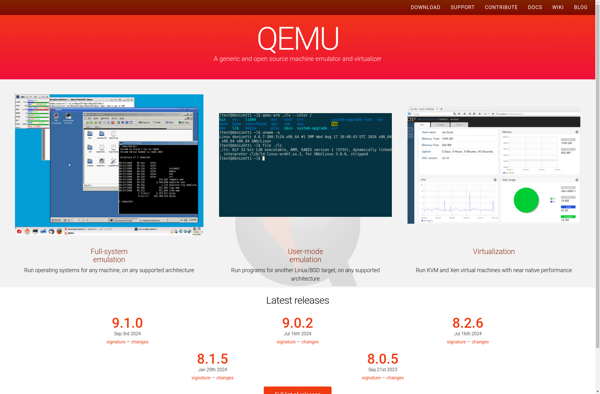
OpenStack

Amazon Elastic Compute Cloud
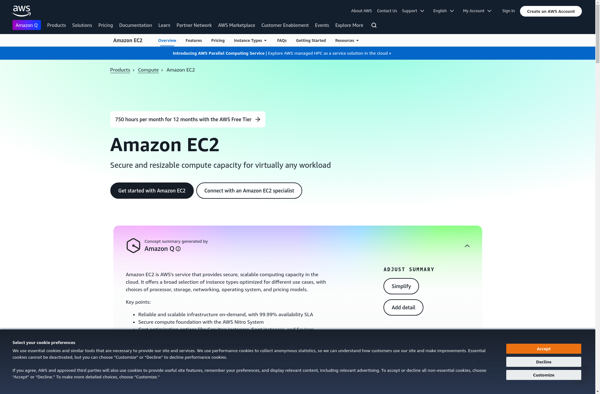
VMware vSphere Hypervisor
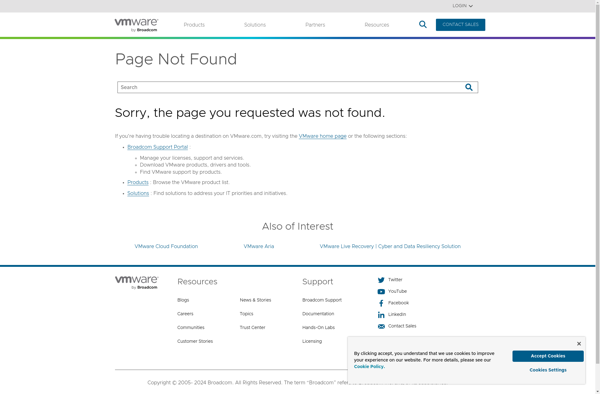
MicroCloud

Google Compute Engine

Eucalyptus
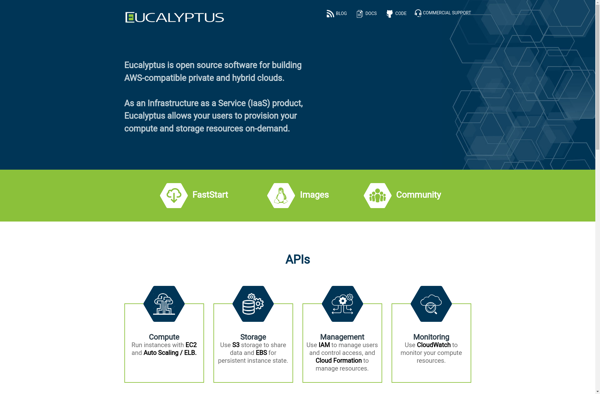
CoreOS
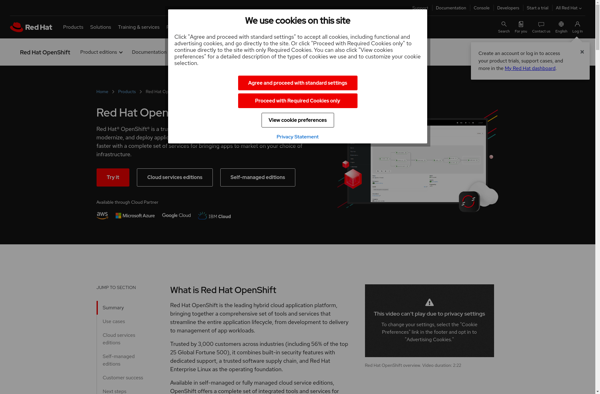
Rackspace

CloudStack

OpenVZ
